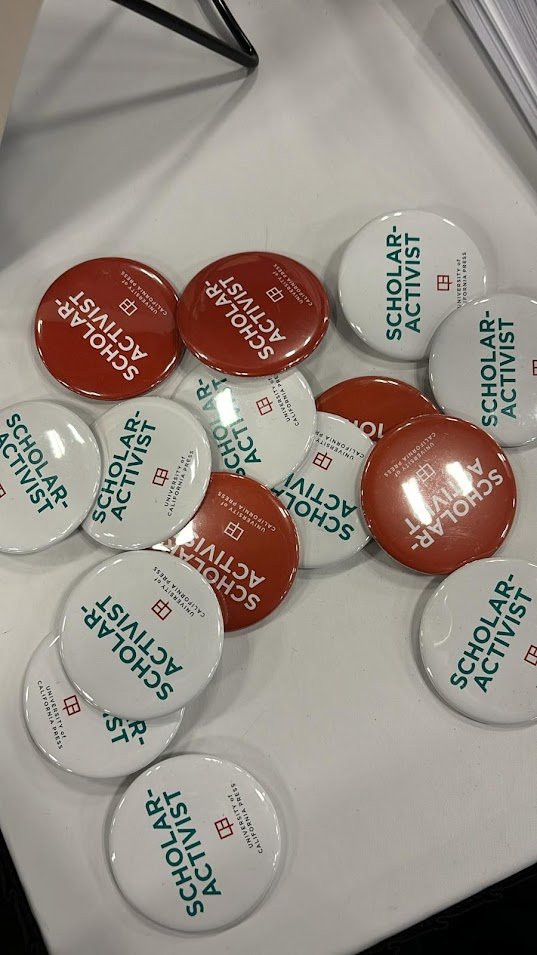

Here is a taste of his piece at Insider Higher Ed:
There is an important space where academia and activism intersect. “Public scholarship” and “engaged scholarship” can be invaluable in addressing social, political, and environmental issues. These works can provide rigorous research, data analysis, and historical context to inform and support activist movements.
Yet it’s essential for scholars who engage in activism to balance their roles effectively. They must maintain academic integrity and objectivity in their research while also avoiding rigidity and being clear about their activist agendas. They must also not allow their political, ideological, or social beliefs to inhibit the expression of competing views or diverse perspectives within their classrooms, which must remain sacrosanct arenas for inquiry, exploration, critical thinking, and debate. They must, in short, reframe what they mean by activism, which doesn’t mean that “the only thing that counts is being physically present for protests and/or nonstop posting on social media.”
I think it’s fair to say that the best scholarship, certainly within the humanities, has generally been driven by various agendas, personal or political – even though the authors’ motivations generally remained unspoken. Many of today’s up-and-coming scholars are much more willing to engage directly in contentious debates and to stress their scholarship’s present-day relevance. Nor are they willing to hide or disguise their commitments behind a veneer of professional neutrality. This represents a sea-change in academic values, and has contributed to a backlash against scholar-activism.
I see nothing wrong with scholar-activism, so long as academics recognize that their scholarly credibility, integrity, and reputation are always on the line.
The academy traditionally valued neutrality and impartiality, even as those watchwords often disguised various forms of bias. As scholars grow more open in expressing their value commitments, it is more important than ever to be open about their sources and evidence, the breadth of their research, the fairness and accuracy of their interpretations, and the reproducibility of their results.
War may be politics by other means, but academics should not be – even though all knowledge production, including academic research, is inherently political since it involves decisions about what to study, how to study it, and how findings are presented and interpreted.
Complete objectivity or value neutrality is impossible because scholarship is inevitably influenced by a researcher’s values, beliefs, and social context. Also, there can be no doubt that funding sources, institutional priorities, societal norms, and publishers’ interests can also influence research agendas.
To be sure, some fields are more overtly political than others. But even in fields that are seemingly apolitical, findings can have far-reaching political and public policy implications. Nor are academic theories inconsequential. As we now recognize, the ideas unleashed by deconstruction, postmodernism, and critical theory – premised on the notion that all forms of knowledge are socially and culturally constructed – have profoundly influenced our understanding of the nature of truth and factual evidence and significantly influence societal norms and cultural beliefs.
The academy is inherently political. Issues of governance, curricula, requirements, and hiring and promotion all have political elements. The challenge, as I see it, is not to allow this basic fact to undercut our commitment to scholarly excellence or academic rigor or broadmindedness.
The academy needs to be a place apart, one that must be open, fair-minded, argumentative, and contentious all at once. That is not an easy balance to sustain, but maintaining that evenhandedness is essential if the academy is to offer something more than mere partisanship and to retain public support.
Read the entire piece here.
I have weighed-in on this issue as it relates to the study of history here (audio) and here (print).